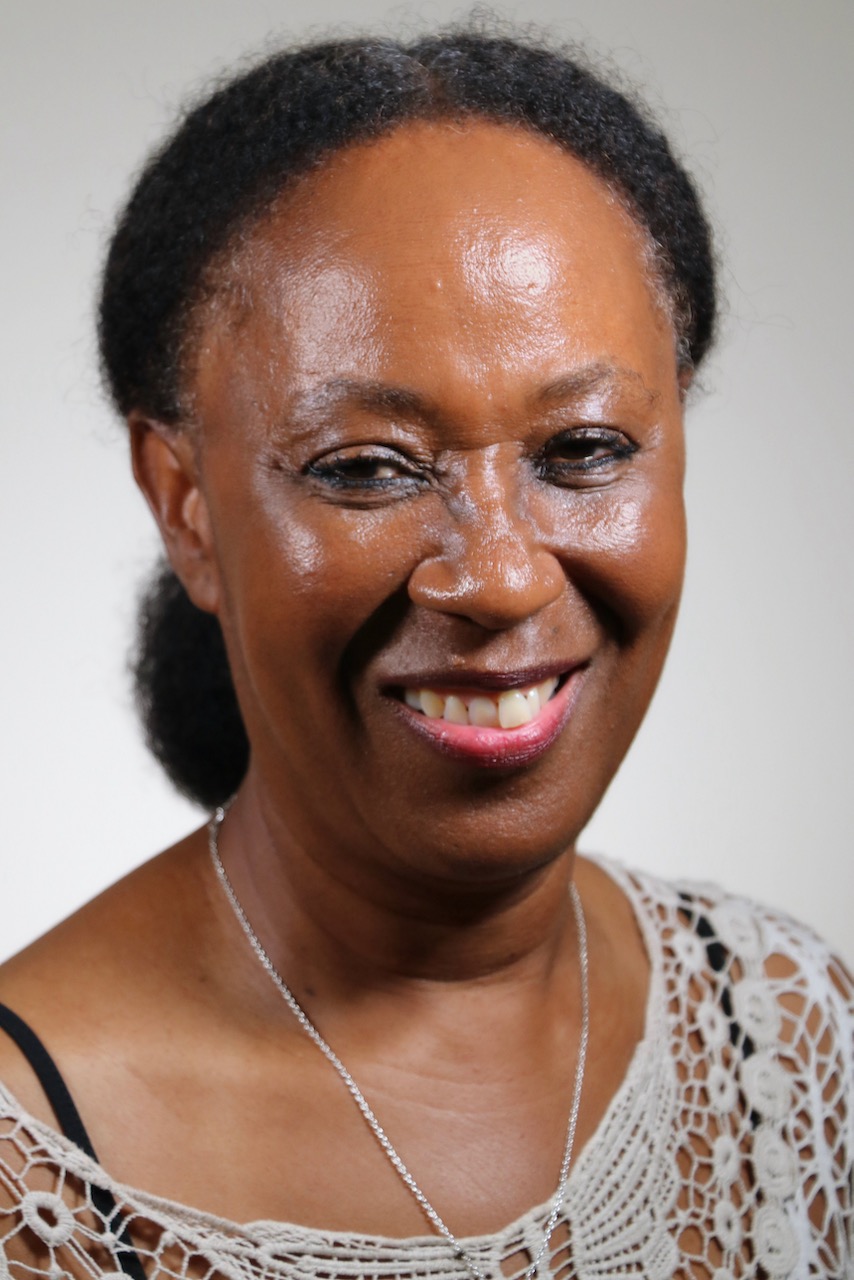'God created God’s world to be beautiful in its diversity'
An Advent reflection with Charmaine Howard, the tutor for the inclusion of black and brown people at Northern Baptist College

I stared at my computer screen muttering crossly about how quickly time passed. Advent was almost here and I had no idea how to help our church prepare for Christ’s coming.
I decided to take a walk. As I walked I noticed the beauty of the day. The scenery was breathtaking.
I stopped to take it all in and found myself whispering “thank you” to God over and over again. I was literally awestruck.
The nakedness of the tall bare trees against the clear grey/blue sky gave the scenery height and structure. The evergreen bushes created form, gave shape and added depth and colour. Colour was heightened by the bushes and shorter trees that had not yet lost all their leaves.
They contributed reds, yellows, browns and shades of green to the pallet. They gave texture.
The gravel path and the river meandering beside me and out into the distance produced that quality of space and drew the eye further into the scenery.
The day was clear, crisp and beautiful. I realised that God created God’s world to be beautiful in its diversity.
Each element of the landscape was different and beautiful in its own right, but together they were transformed into something awe-inspiring. God created people in the same way.
Each one of us is beautiful - for we are made in God’s image - but together we are wonderful. Diversity was planned right from the beginning of time and with it the equality of all peoples. Jesus’ behaviour and teaching reinforces this.
Throughout his ministry Jesus ate and associated with women, social outcasts and the downtrodden. He spent time with people on the margins with whom no one wanted to be seen. Jesus afforded these people the same dignity and worth that he gave to the Pharisees and religious teachers - society’s elite. All were invited into the Kingdom of God on an equal basis.
Christianity has always been a religion of diversity and inclusivity. The New Testament shows clearly that the kingdom of God is open to everyone who believes in Jesus and accepts him as Lord and saviour.
It is a religion that positively promotes expression of the gospel in different cultural forms. Paul left the churches to grow in their own contexts, using their own cultural norms while holding on to the truth of the gospel.
The expectation was that all people should be treated equally and contribute to the body - the church - on that basis.
All people, whether male or female, slave or free, gentile or Jew, Hebraic or Hellenistic Jewish widow, were brothers and sisters in God’s kingdom and united in Christ Jesus. It is this truth that we hold on to as we struggle to celebrate diversity and inclusion in our current age.
We have become wary and perhaps afraid of other people who do not necessarily share our cultural norms, think or look like us.
We have translated Christian unity into Christian uniformity. People who do not quite fit into our perception of what this uniformity should look like are excluded, ostracised or not welcomed.
We worry that somehow singing worship songs that speak to the hearts of people from other cultures or places might diminish or dilute the spiritual nature of our worship.
We are concerned that introducing diversity into our leadership teams might lead to changes in us and in our cultural norms - changes in the way we do things around here.
Yet God built diversity into creation.
Maybe that is, in part, what it means to be church - a microcosm of the Kingdom in which “every tribe and nation and people and language stand in front of the throne and before the Lamb.”
You see, diversity helps us to develop an open and inclusive culture in which people are individually valued, encouraged and supported to play their part in all aspects of church life. Some will bring height and depth to the quality of our lives and worship.
Others will bring structure, shape and form. Still others will bring texture and colour, drawing our eyes to different parts of church life; each contributing to the beauty of the church landscape.
Perhaps nurturing a diverse community of equals encourages us to grow personally and spiritually. In such a community, groups and individuals raise questions about a range of things including faith, worship, cultural practices, norms and ecclesiology.
We widen our world view, increase our understanding of the world and each other and grow our capacity to know and love others.
When we love others, we are willing to share power, to value the presence and inclusion of “others” in all aspects of church life.
Helping our churches prepare for Christ’s coming may mean encouraging them to be inclusive, embracing diversity as part of God’s gift.
For, united in diversity, we begin to reflect the awesome beauty of our God.
Image | Aaron Burden | Unsplash
 Charmaine Howard, is the tutor for the inclusion of black and brown people at Northern Baptist College
Charmaine Howard, is the tutor for the inclusion of black and brown people at Northern Baptist College
Do you have a view? Share your thoughts via our letters' page.
Baptist Times, 12/12/2023